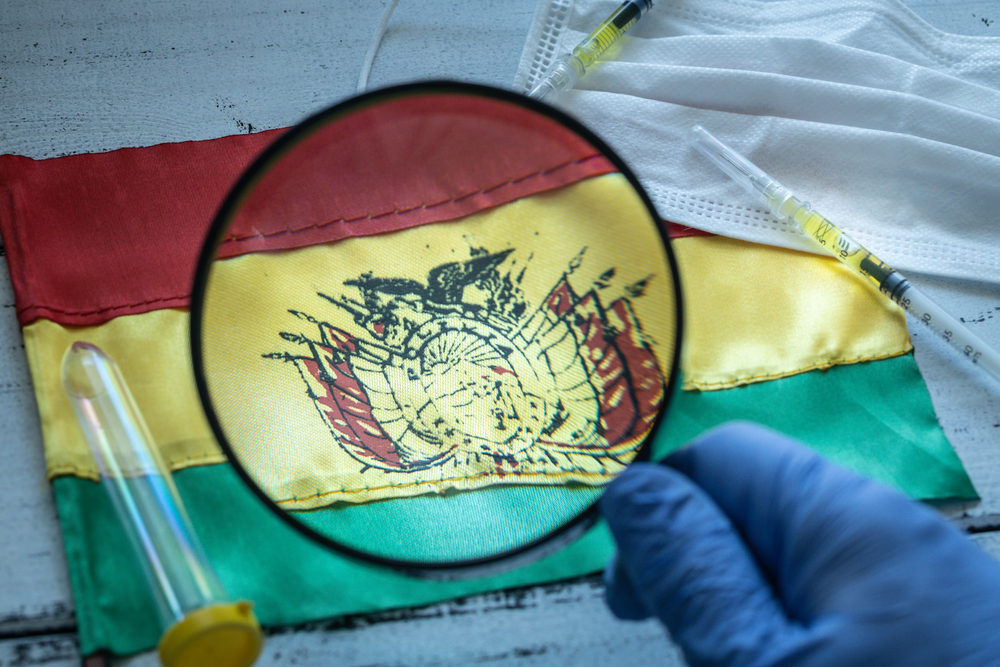As a Brazilian study declared hydroxychloroquine “ineffective” against the coronavirus, The Brazilian Report looked at how the antimalarial drug — and other unproven medicines — has grown popular among leaders in Latin America. Perhaps no other world politician has defended hydroxychloroquine as fiercely as Brazilian President Jair Bolsonaro. But he is far from the only one touting unproven treatments.
- ?? Venezuela. Despite being on the opposite side of the political spectrum in relation to Mr. Bolsonaro, the Venezuelan authoritarian ruler shares his appreciation for chloroquine. Back in May, President Nicolás Maduro tweeted that local labs were producing the drug, which he labeled as an “effective drug for treatments against Covid-19.” Messrs. Maduro and Bolsonaro were notably the only Latin American leaders who had social media posts deleted by tech giants for spreading misleading information about the pandemic. While Mr. Maduro recommended a “mix of herbs” and ginger honey tea against the virus, Mr. Bolsonaro posted on Instagram false numbers about the spread of Covid-19 in Brazil.
- ?? Bolivia. In Bolivia, ivermectin became the unproven treatment of choice. The medication is used to treat several types of parasitic infections, but was advertised as a new way to fight the coronavirus. In May, then-Health Minister Marcelo Navajas authorized its use on Covid-19 patients, advising that “it is a product that has no scientific validation in the treatment of coronavirus.” In remote regions, where the health structure is already damaged, doctors resort to the antiparasitic drug because it is cheap: you can buy it for BOB 50 (USD 7.25). Locals say it kills the virus in five days. But, of course, it doesn’t.
- ?? Costa Rica. Since the first case in Latin America, on February 26, the country has confirmed just 13,129 cases and 81 deaths, some of the most stable numbers in Latin America. However, the use of chloroquine was considered at the beginning of the outbreak. But after considering it, by the end of May, the Costa Rican Social Security Fund, or Caja, suspended its use. The decision came after the World Health Organization paused a series of medical trials with the drug, as it received reports that it increased mortality in Covid-19 patients. The head of the Medicines and Clinical Therapeutics Area, of the Pharmacoepidemiology Directorate, Angélica Vargas, added that the use of hydroxychloroquine in the past was “based on the scientific information available at that time.”
 Support this coverage →
Support this coverage →

 Search
Search






































